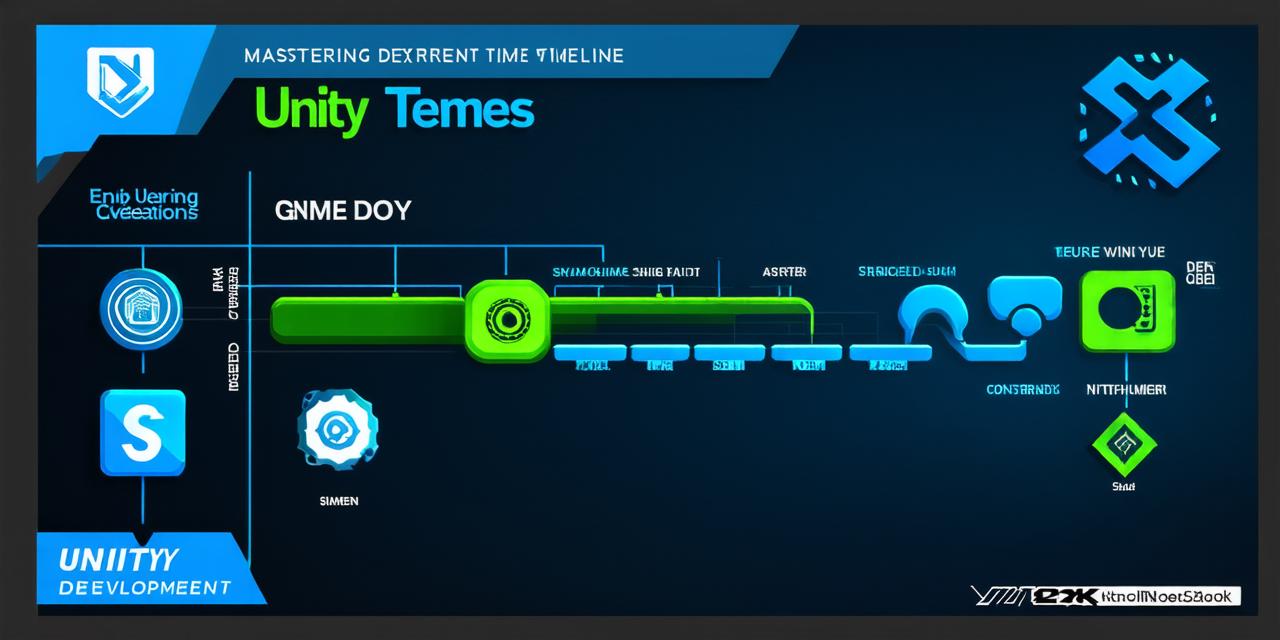Introduction
Unity is a powerful 3D game engine that allows developers to create interactive experiences across multiple platforms. With its intuitive interface and vast library of tools and assets, Unity has quickly become one of the most popular choices for game development. However, as with any new skill, learning Unity can take time and practice.
Understanding the Basics
Before diving into more advanced features of Unity, it is important to have a solid foundation in the basics. This includes understanding how to navigate the interface, create objects, apply materials, and manipulate the scene hierarchy. On average, it can take anywhere from 2-4 weeks to master these fundamental concepts.
Learning Scripting
Scripting is an essential part of game development in Unity. It allows you to write custom code to control the behavior of your objects and add interactivity to your scenes. Learning C, Unity’s primary scripting language, can take anywhere from 2-6 months, depending on your prior programming experience. However, with dedicated practice and resources, you can become proficient in C and start writing scripts within a few months.
Advanced Topics
Once you have a solid understanding of the basics and scripting, it’s time to dive into more advanced topics such as animation, physics, networking, and graphics programming. These concepts can take anywhere from 6-12 months to master, depending on your level of experience and dedication. However, with consistent practice and exposure to real-world projects, you can continue to improve your skills and create complex games and experiences.
Tips for Maximizing Progress
Here are a few tips to help you maximize your progress in learning Unity:
1. Practice regularly: Consistent practice is key to mastering any new skill. Set aside time each day or week to work on projects, experiment with new features, and challenge yourself to create more complex scenes and objects.

2. Join a community: There are many online communities of Unity developers who can provide support, advice, and inspiration. Join a forum or social media group to connect with others and learn from their experiences.
3. Take courses: There are many online courses and tutorials available that can help you learn Unity at your own pace. These resources can be particularly helpful for beginners who need a structured approach to learning.
4. Experiment with real-world projects: The best way to apply what you’ve learned is by working on real-world projects. Look for opportunities to collaborate on open-source projects or create your own games and experiences.
Summary
Learning Unity can take time and dedication, but the rewards are well worth it. With its powerful tools and vast community of developers, Unity offers endless possibilities for creating interactive experiences across multiple platforms. By following these tips and focusing on practice and experimentation, you can become proficient in Unity and start creating your own games and experiences in no time.


